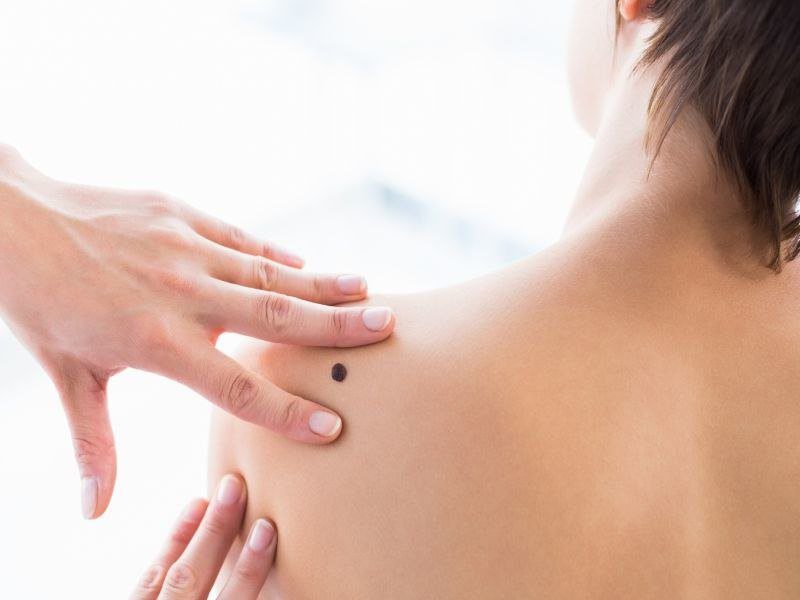Skin Cancer Treatment
What increases your risk for skin cancer?
The primary cause of skin cancer is exposure to ultraviolet light, whether through natural sunlight or using a tanning bed. Your cumulative time in the sun over the years, whether you consistently use sunscreen, and the number of sunburns you’ve suffered factor into your overall risk for skin cancer. You’re also at a higher risk if you have fair skin or a family history of skin cancer.
What are the different types of skin cancer?
The three major types of skin cancer are:
Basal cell carcinoma
Basal cell carcinoma (BCC), the most common type of skin cancer, may look like a pink bump, a red patch of skin, a shiny bump, or an open sore. Though it rarely spreads through your body, BCC can be disfiguring as it invades deep into tissues and bone.
Squamous cell carcinoma
The second most common skin cancer, squamous cell carcinoma (SCC) often develops from precancerous lesions called actinic keratosis. SCC looks like a scaly red patch, an open sore, a red bump, or warts. The lesions may crust or bleed. Without treatment, SCC can spread to other parts of your body.
Melanoma
Melanoma is the most dangerous skin cancer because it rapidly grows and spreads. It’s curable when caught early, but after it spreads, it’s hard to treat and can be fatal. Melanoma often develops from existing moles, but new lesions can also appear. The lesions are usually black or brown, but they can range from skin colored to white, blue, or purplish.
Why is a skin cancer screening so important for your health?
Why do you need to pay attention to moles?
Moles are often harmless, but they can become irritating. For example, they may catch on clothing, or they could be in an area where they interfere with shaving. Your moles may be a problem if they make you feel unattractive.
Moles also have the potential to become more than a minor irritation. They can go through cellular changes and turn into a type of skin cancer called melanoma.

When should a mole be removed?
You can choose to treat a bothersome mole at any time, but it must be removed when precancerous changes develop. One of our board certified Dermatologists should assess any change in an existing mole, the appearance of new moles, or moles that begin to itch or bleed.
Specific changes in moles – called the “ABCDE” changes – are distinct warning signs for melanoma:
- Asymmetry: One half of the mole doesn’t match the other
- Border: Borders should be smooth and even, not irregular or poorly defined
- Color: Moles should be one color; precancerous moles are any mix of tan, brown, black, blue, red, and white
- Diameter: Moles should be smaller than the eraser on a pencil
- Evolving: Moles should not change their appearance
How is skin cancer treated?
After a biopsy confirms that a suspicious lesion is cancerous, Dr. Felix Bopp uses one of several techniques to remove the lesion, as well as enough of the surrounding tissue to be sure all of the cancer cells are cleared away.
Dr. Bopp may use:
- Topical medications for treating actinic keratosis or basal cell carcinoma in a very early stage.
- Dr. Bopp performs slow Mohs surgery, which is the most precise and effective treatment for BCCs and SCCs.
- Other cancerous lesions can be surgically removed, scraped away using a curette, or frozen, which makes the lesion crust over and fall off.
- Photodynamic therapy (PDT) may be recommended, which is a treatment that uses special drugs, called photosensitizing agents, along with light to kill precancerous cells.
- SRT- We offer Superficial Radiation Therapy that only goes skin deep. It is a painless, safe, highly effective non-surgical skin cancer treatment that is an alternative to surgery.

